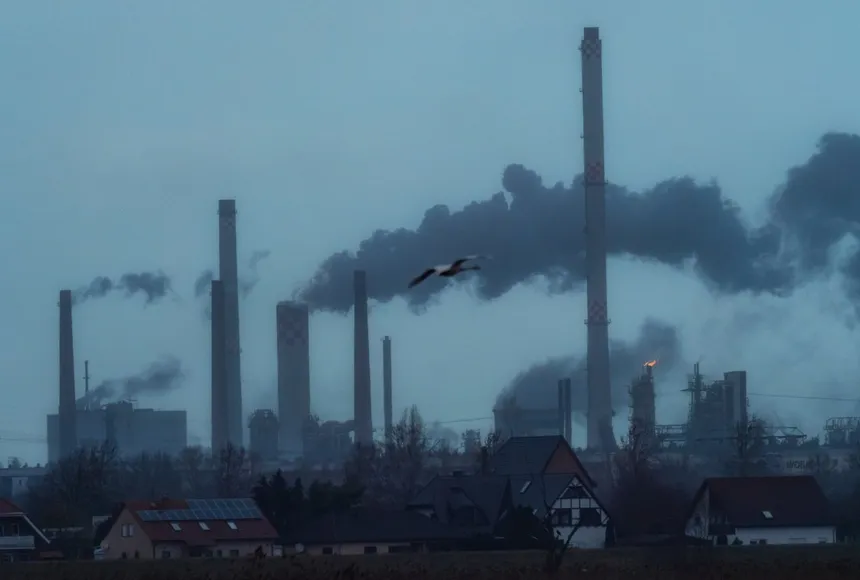The sweltering summer heatwaves have become so intense that they have inspired their own distinctive monikers. While European heatwaves have been likened to nightmarish figures from Greek mythology, a meteorologist in the US has taken a more direct approach by naming the country’s heatwaves after the oil and gas companies responsible for exacerbating the climate crisis. Guy Walton, a former Weather Channel meteorologist, has christened several recent heatwaves with names like Heatwave Chevron, Heatwave Amoco, and Heatwave BP, after those oil companies.
Walton, who now runs a blog on weather and writes children’s books that tackle the climate crisis, wants weather forecasters and the media to be more explicit about the links between extreme heat and the burning of fossil fuels. “I’m trying to be a bug in the ear of my compatriots to take what I’m doing and run with it,” he said. Walton has devised his own criteria for naming heatwaves in the US, based on duration and extremity, on a one to five scale similar to hurricanes. Heatwave Chevron, which has brought record-breaking temperatures to Phoenix, is classed as a four and is “historic,” according to Walton.
Walton has a list of 20 oil and gas companies, including Exxon and Shell, that he plans to use to name future heatwaves. He will turn to coal companies if he runs out of names. Walton’s naming convention is meant to be a tongue-in-cheek commentary on the role of fossil fuel companies in the climate crisis. “It’s not a fun topic, but I want to galvanize the way the public thinks about these threats,” he said.

The naming of heatwaves has sparked controversy, with the World Meteorological Organization stating that it has no plans to adopt a standardized naming system for heatwaves. The lack of an agreed definition of heatwaves and concerns that names would “misdirect” public and media attention away from important messages on how to cope with heatwaves are among the reasons cited.
However, a wave of record heatwaves has forced a rethink in some quarters. Authorities in Seville, Spain, have started naming heatwaves, and an Italian weather website has turned to mythological figures to name some of the fiercest heat the continent has ever seen. Two major heatwaves in southern Europe have been named Cerberus and Charon, the ferocious three-headed hound and the ferryman of Hades, respectively.
Not everyone agrees with Walton’s approach. Chris Gloninger, a former TV meteorologist, has expressed concerns that naming heatwaves after oil companies would give people dismissive about climate change more ammunition. Margaret Klein Salamon, a psychologist and executive director of the Climate Emergency Fund, sees a benefit in directly linking oil companies to the escalating climate disasters currently unfolding around the world, saying that it “bypasses media silence and denial.”

